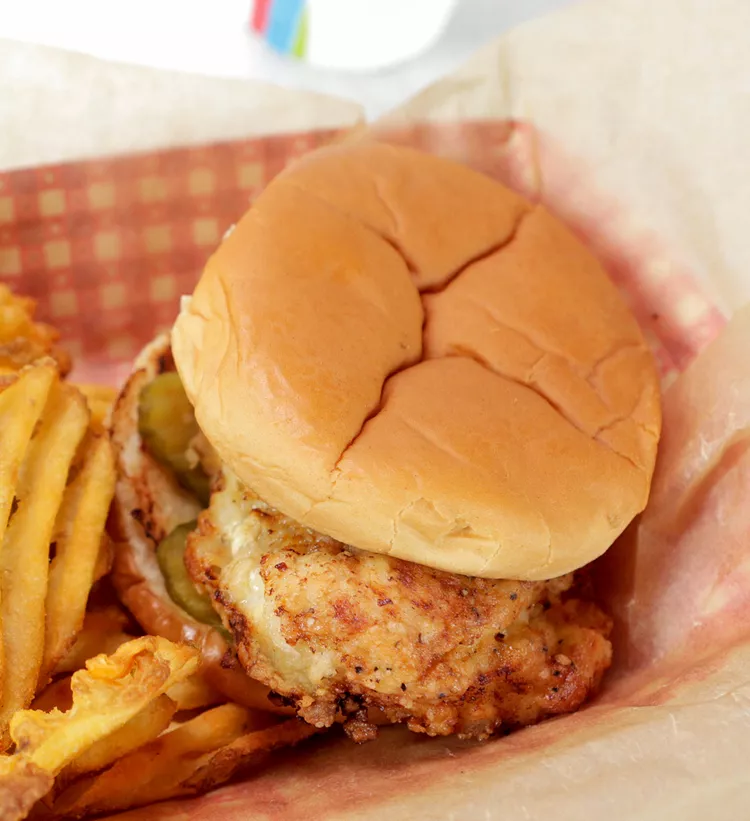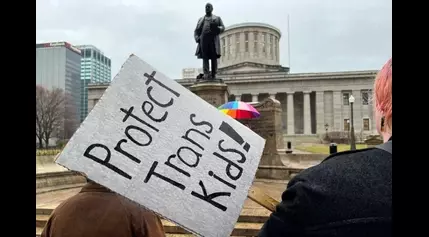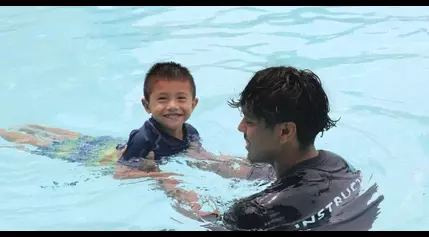Weathering the Storm: Helping Kids Cope with Natural Disaster Trauma
Natural disasters can leave a lasting impact on children, causing emotional trauma and anxiety. However, with the right support and strategies, parents and caregivers can help their little ones navigate these challenging times and build resilience.Empowering Kids to Overcome Weather-Related PTSD
Acknowledging the Emotional Impact
The aftermath of natural disasters can be a daunting experience for children, leaving them feeling overwhelmed, scared, and uncertain about the future. "A lot of kids may still be processing and trying to figure out what happened and also be concerned about what future storms may bring," explains Dr. Leslie K. Taylor, a child and adolescent psychologist with UT Physicians. It's crucial to create a safe space for kids to express their emotions and address their concerns.By being honest and open about the events, parents can help their children make sense of what happened and prepare them for potential future storms. "It's really important to be honest with kids about storms and prepare them for next steps," says Dr. Taylor. Encouraging children to share their feelings, whether it's fear, anxiety, or even anger, can help them work through the emotional turmoil and develop coping mechanisms.
Fostering Preparedness and Resilience
Helping children feel empowered and in control can be a powerful tool in overcoming weather-related PTSD. "Preparation can be really helpful, so let's come up with a list of things that are fun, games that we can play, things that we could do if we don't have power," suggests Dr. Taylor. By involving kids in the planning process and creating a sense of readiness, parents can alleviate their fears and instill a sense of confidence.Simple activities like puzzles, Playdoh, or even a puppet show can provide a much-needed distraction and a sense of normalcy during times of crisis. Additionally, discussing emergency plans and practicing safety drills can help children feel more secure and less anxious about the unknown.
Recognizing Vulnerability and Seeking Professional Help
It's important to note that some children may be more susceptible to weather-related PTSD than others. "If there's been a lot of moves, job loss, any other disruption in the family unit, they can be more vulnerable to developing these symptoms," explains Dr. Taylor. In such cases, it may be necessary to seek professional help to ensure the child's well-being.If a child continues to have recurring nightmares, obsessive thoughts, or persistent worry about storms, it's advisable to consult a pediatrician or a mental health professional. They can provide the necessary assessment, diagnosis, and appropriate treatment to help the child overcome the trauma and regain a sense of emotional stability.
Building a Supportive Network
Navigating the aftermath of a natural disaster can be a daunting task, but it's crucial to remember that families don't have to go through it alone. Reaching out to community resources, support groups, and mental health professionals can provide invaluable guidance and assistance in helping children cope with the emotional impact.By fostering open communication, encouraging emotional expression, and accessing professional support when needed, parents and caregivers can empower their children to weather the storm and emerge stronger, more resilient, and better equipped to face future challenges.




















